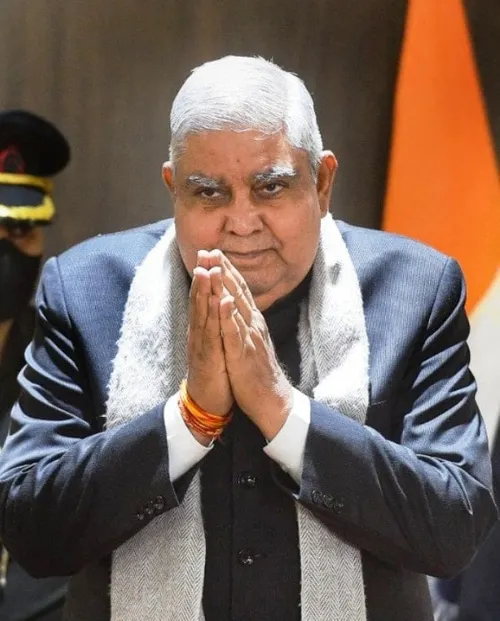Over more than two centuries, economic inequality has been the stuff of enquiry and revolution engaging the minds of Marx and Gandhi, Che, and Castro. More recently it was analysed in some depth by the economist JK Galbraith in his 1958 classic The Affluent Society.
The South African polemist the late Ronal Segal trenchantly deconstructed inequality in his 1968 book America’s Receding Future bringing out how the rich stayed unfairly wealthy in America.
Following a lull, inequality reared its head during the financial crisis of the 1990s and more so of the 2008 financial meltdown when inequality, its causes, and its remedies, was taken up by Thomas Piketty, an economist at the Paris School of Economics and Co-Director of the World Inequality Lab there. He is now widely recognised as the leading global authority on the subject. Complementing his efforts are those of the celebrated Harvard philosopher, Michael Sandel.
Equality — What It Means and Why it Matters, reviewed here, is the incisive nine-part edited transcript of a conversation between Piketty and Sandel at the Paris School of Economics on May 20, 2024.
Left’s failure
In their conversation Piketty and Sandel establish that the wealthy are too sparingly taxed, that globalisation hammered the world’s poor, that the Left sold out to the market forces and the rich.
Piketty and Sandel contend with good evidence that Trump and his kind are byproducts of the failure of the New Left in America and elsewhere to keep the faith by embracing the free market and the rich at the expense of their traditional constituents — the middle-class and the poor. Both even challenge the notion of merit, contending those who owned their success to their individual efforts ignored the vast public contributions to their achievements.
Their book covers three aspects of equality — one economic “about the distribution of income and wealth,” the second “political, about the voice and power and participation of the common man” and the third dimension which both Piketty and Sandel consider politically and morally most potent i.e. “creating the conditions for greater equality of recognition, honour, dignity and respect.”
Their book is a succinct summation of the points they make in their best-selling larger and more difficult to read works towards the creation of a more equal social order — Piketty’s Capital in the Twenty First Century and Capital and Ideology and Sandel’s Liberalism and the Limits of Justice, The Tyranny of Merit and Democracy’s Discontent: A New Edition for Our Perilous Times.
Piketty and Sandel share a belief that a more equitable economic, political, and social order is very possible. The book is of relevance for India as it continues to debate the state’s role in the economy and evolve strategies to nurture a more egalitarian society. Their book is as much an examination of Piketty’s ideas on the resolution of inequality by Sandel as it is an exposition of his own views broadly in agreement with those of Piketty’s.
How do you mitigate economic inequality, fix a political system gamed by the wealthy educated elite and reduce the social distance between different sections of society?
Progressive taxation
For Piketty a critical first step is through progressive taxation of a very high order paying for keeping areas which are critical to a country’s progress such as education and health care in the public sphere — the term that Piketty uses is decommodification — which has worked very well in Europe where high income tax rates have paid for excellent public services from education to health care for all.
For Piketty and Sandel equality is not just an economic project of narrowing the income gap through progressive taxation of the wealthy, but equally one of ensuring a more representative political system where the working class, which is not so well educated but possesses diverse and much-in-demand skills is fairly represented.
Most importantly equality is about creating a social common where different classes of people are routinely compelled to come together interact and socialise with one another. something which is not the case in much of the world today.
The Piketty-Sandel exchange pitches for efforts to take the equality project beyond national boundaries by recognising that issues like climate change and migration are also ones that require the rich world to accept that it has grown wealthy on the exploitation of the poorer global south and it is payback time.
Here Piketty sounds almost Marxian in his passionate elaboration of exploitation by the richer countries of the rest of the world.
Equality — What It Means and Why it Matters is an astonishingly incisive and thought-provoking work. It is unlikely that there is any other in the market to match its depth, brevity or its relevance, making it a terrific and illuminating read.
The reviewer taught public policy and contemporary history at IISc Bengaluru
Title: Equality – What It Means and Why it Matters
Authors: Thomas Piketty & Michael Sandel
Publisher: Polity Press – UK -2025
Published on May 2, 2025
Anurag Dhole is a seasoned journalist and content writer with a passion for delivering timely, accurate, and engaging stories. With over 8 years of experience in digital media, she covers a wide range of topics—from breaking news and politics to business insights and cultural trends. Jane's writing style blends clarity with depth, aiming to inform and inspire readers in a fast-paced media landscape. When she’s not chasing stories, she’s likely reading investigative features or exploring local cafés for her next writing spot.






